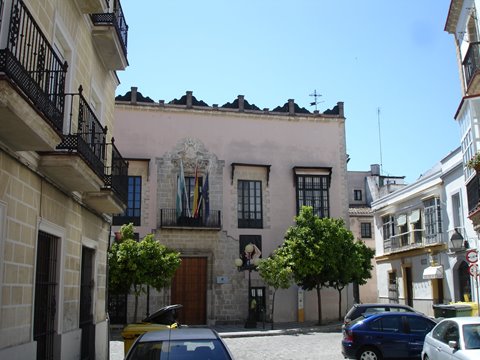Flamenco studies: Professorship of “Flamencología”
In the middle of the 20th century, flamenco started to be a subject to study. In the 1950s, several musicological and anthropological studies began to be published. In 1954 the record label Hispavox edited the first "Antología del Cante Flamenco" (Anthology of flamenco singing).
In 1955 Anselmo González Climent published an essay with the name of Flamencología (Flamencology). Thank to these movements, flamenco was dignified and supposed a basis for future studies.
The national competition of cante jondo of Cordoba took place in 1956 for the first time and two years later, the first Professorship in Flamencology was established in Jerez de la Frontera, being the first academic institution for this study, preservation, research, promotion and protection of flamenco art.
In 1963 the Cordovan poet Ricardo Molina and the Sevillian flamenco singer Antonio Mairena published the book Mundo y formas del cante flamenco (World and styles of flamenco singing), a reference work to learn more about this art. This book describes and explains the wide variaty of styles in an easy way. It tells the history of flamenco singing, confirming that it was an unique gypsy creation, which stayed in their intimacy and made a living of it.
This book also differs between cante grande (great flamenco singing) for the cante gitano (gypsy flamenco singing), and cante chico for the aflamencamiento of folkloric tunes of Andalusia.
The work of Molina and Mairena created new research lines as neojondismo and tesis gitanista.
There were authors that developed the tesis andalucista in order to defend the flamenco as a 100% Andalusian product since the palos (flamenco styles) had their origin in the Andalusian folklore. Gypsies have contributed in a determined way to the origin of this art.
In this context, this art was considered as a exceptional art because of the nature of this genre between gypsy music and dances and its influence from the rest regions of Spain and Europe. Nowadays, it is more accepted an unification of thesis andalucista and gitanista.

Professorship of “Flamencología” in Jerez de la Frontera